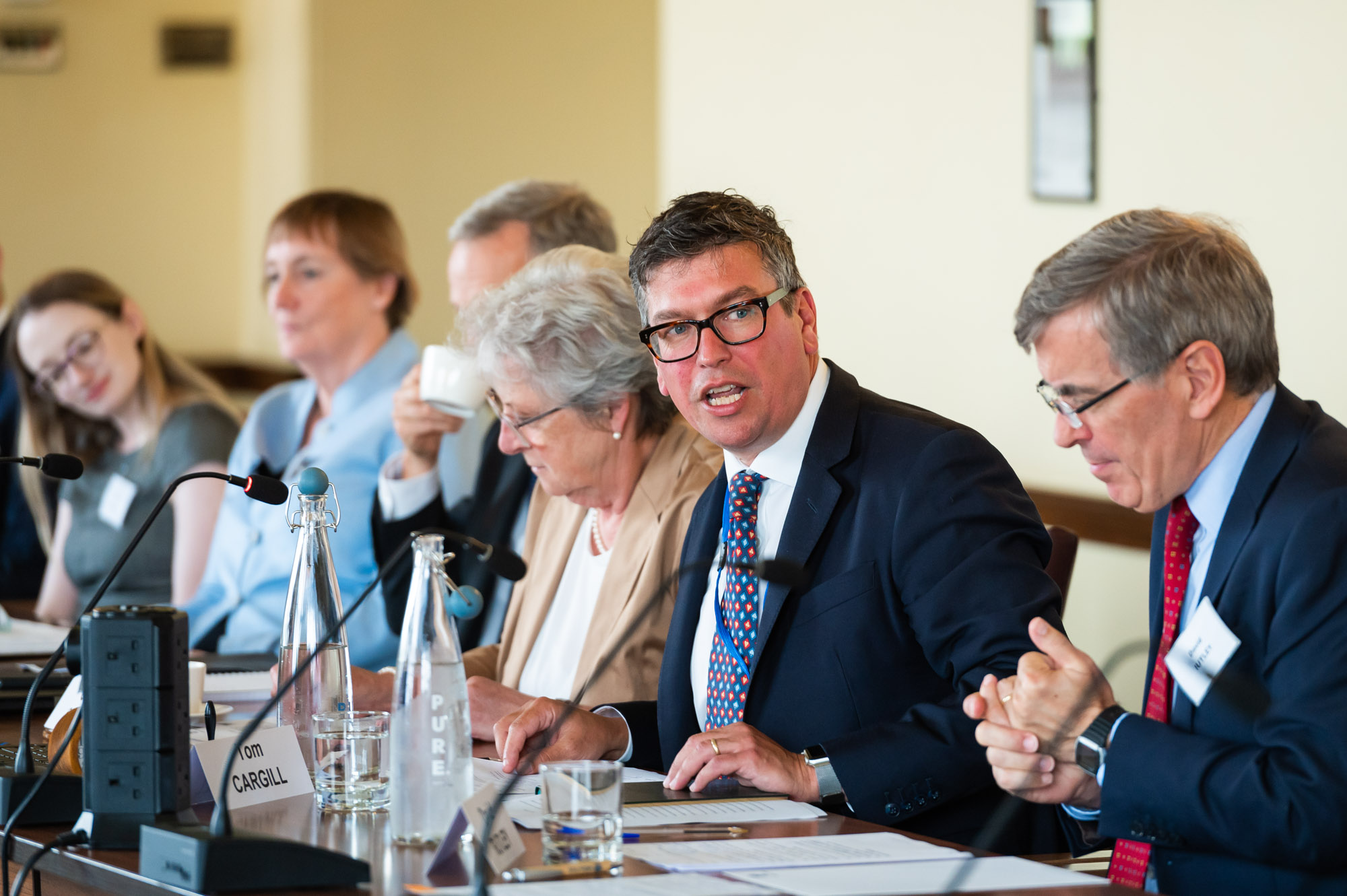The term ‘rules-based international system’ (RBIS) is often used to denote the international norms, laws and institutions that have helped to shape, influence and regulate relations between countries since the end of the Second World War. The more succinct ‘international order’ and ‘international system’ are other terms used to characterise this global governance architecture. There is wide agreement in any event that this global governance architecture has contributed significantly to international peace and prosperity.
In the 21st century Asia and Asian countries have gradually assumed much greater prominence on many issues that are critical to international security and economic development. It is consequently important for Asian countries and others that are major security and economic actors in the region to exchange views and thinking regarding the role of the rules-based international system and its contribution to regional stability, security and economic growth.
There have largely been more critiques of shortcomings of the current rules-based international system than concrete proposals for reform. This meeting attempted to encourage a shared understanding of how the rules-based international system might evolve and thereby contribute to driving continued economic development in China and other Asian countries, as well as increased regional and global stability. What could a redesign of international rules and institutions look like? Is a redesign needed or can adjustments be made within the framework of existing rules and institutions?
It:
- Examined and compare understandings of the evolution of the international rules- based system and what it means for resolution of disputes that affect regional stability.
- Considered the role of existing and new institutions such as AIIB and how international and regional security architecture might evolve.
- Discussed how to tackle global issues that heavily affect economic growth, such as corruption, trade, transparency, rule of law and accountability.












